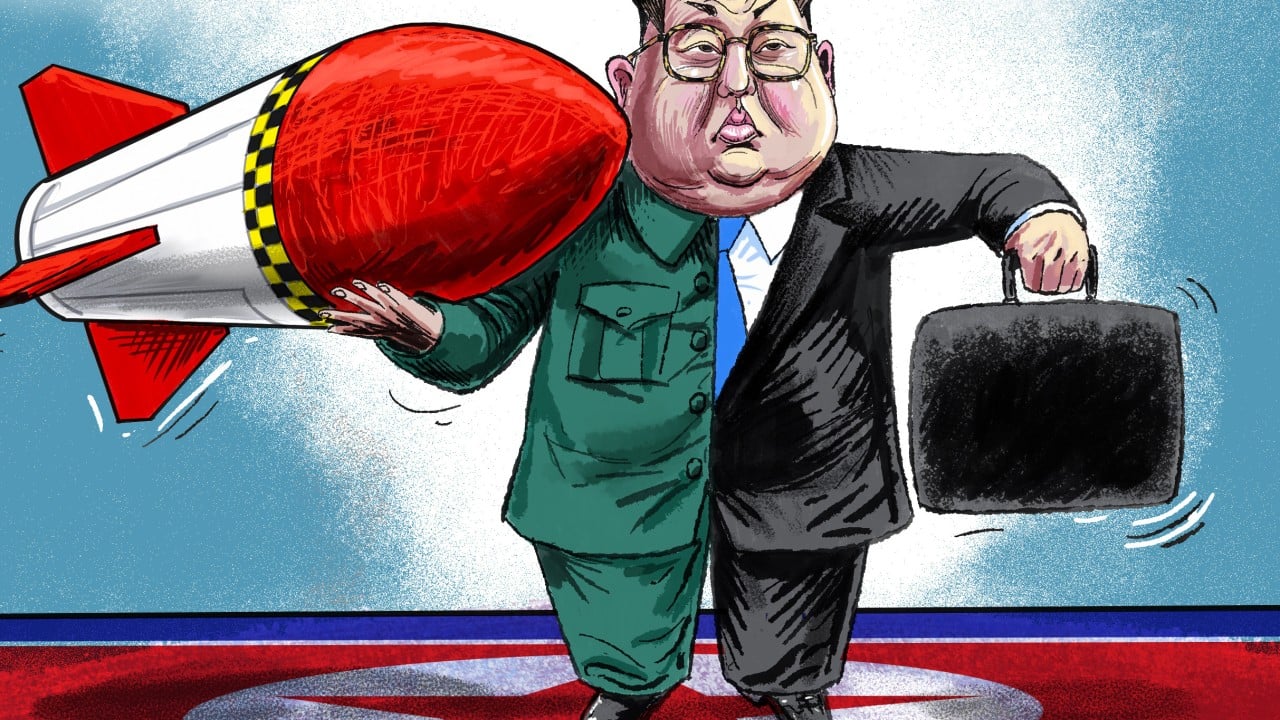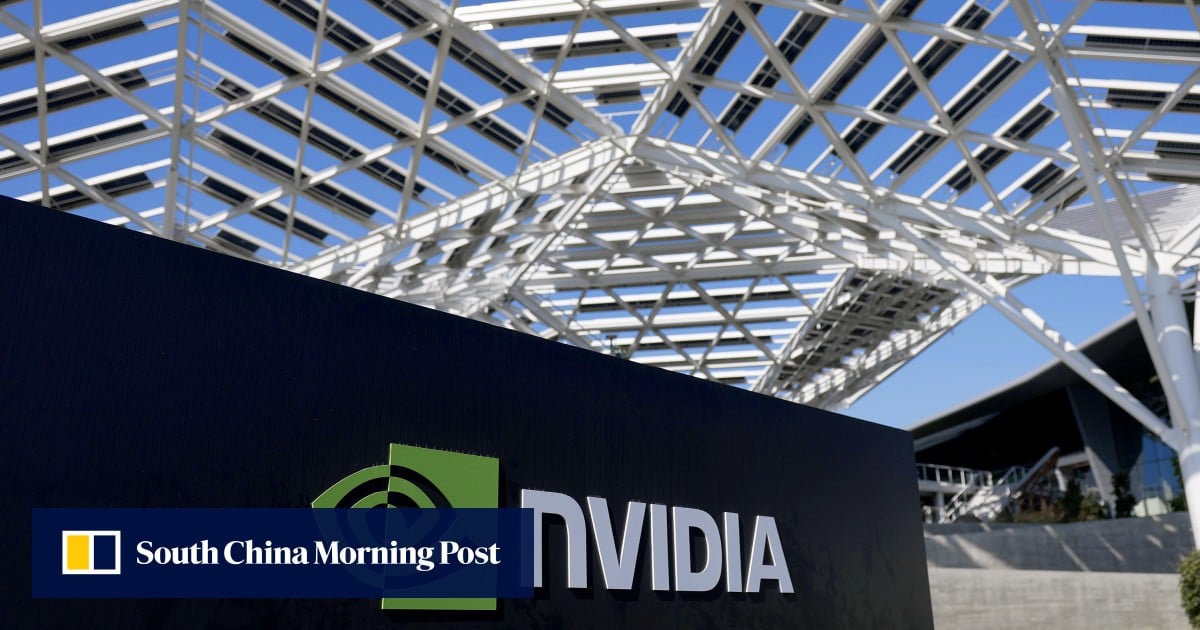8 October, 2025
0 Comments
0 categories

The ruling party of North Korea is approaching its 80th official anniversary amid an unprecedented rise in the country’s international stature. North Korean leader Kim Jong-un’s presence alongside Chinese President Xi Jinping and Russian President Vladimir Putin at China’s Victory Day parade early last month was more than ceremonial; it was a strategic declaration.
Kim carried himself with the assurance of a man who has successfully recalibrated his nation’s place in the world. This confidence, earned through years of strategic gambles, has brought him to a pivotal juncture: securing his country’s survival, he must now decide on the path to securing its legacy.
Pyongyang’s calculated risks have yielded substantial rewards, highlighted by renewed US signals in favour of diplomatic talks. Most notably, the decision to dispatch troops to Russia to aid the Kremlin in its war with Ukraine was a cold-eyed gamble. While financial compensation provides a lifeline, the true payoff is geopolitical. The bilateral battle against Ukraine is now openly celebrated and Putin has suggested North Korea should have a say in Ukraine peace talks.
By aligning with Russia, Kim has secured not only a mutual defence agreement but also critical technology transfers. Recent missile tests, including a sophisticated 1,500km cruise missile launch, show advances that are likely to be from Russian expertise. The transaction is clear: Russia gains cannon fodder for its war effort while North Korea acquires the means to modernise its nuclear deterrent. For the first time in decades, Pyongyang’s security is underwritten by both Beijing and Moscow.
This alignment is a masterclass in the Kim family’s historical survival strategy of playing great powers against one another. Kim Jong-un has dramatically escalated this approach. By becoming a swing player in an era of US-China rivalry and European conflict, North Korea exploits Western distractions. Kim’s diplomatic overtures are not concessions but clever repositioning.
The goal is to normalise North Korea as a nuclear-armed state by amplifying divisions within the US-South Korea military alliance. This broader power shift has enabled Pyongyang to establish itself as a key node in an emerging anti-Western alignment, forcing the US to confront a coordinated challenge.


